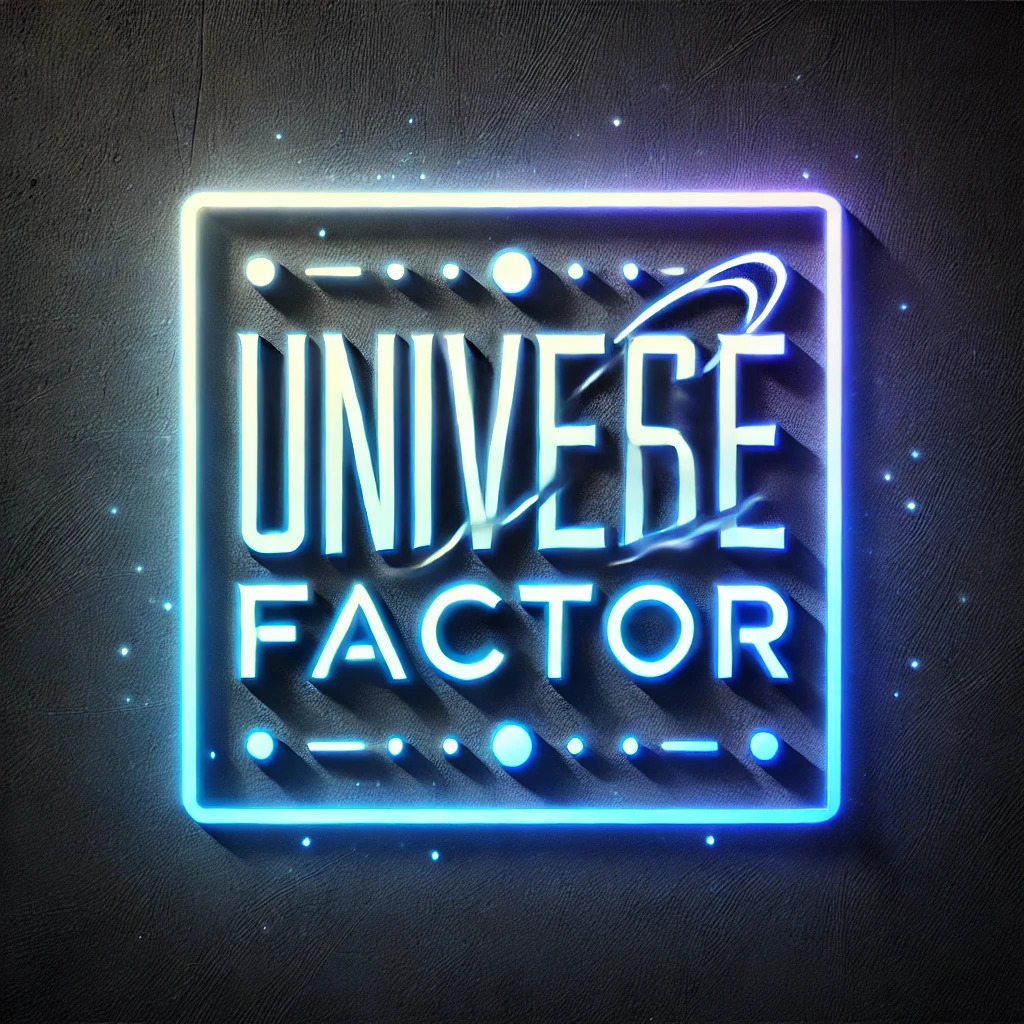The Urantia Book (sometimes called The Urantia Papers or The Fifth Epochal Revelation) is a spiritual, philosophical, and religious book that originated in Chicago, Illinois, United States sometime between 1924 and 1955. When first published, it claimed to have been written by celestial beings. The actual authorship remains a matter of debate, though it has been noted that it appears to have plagiarized multiple sources, without attribution. It received various degrees of interest ranging from praise to criticism for its religious and science-related content, its unusual length, and the unusual names and origins of the authors named within the book.
Where to Begin
Regardless of its origins, The Urantia Book stands as a distinctive contribution to humanity’s exploration of existence. It bridges multiple dimensions in a way few texts manage to do. By integrating spiritual ideals with cosmic mechanics, the book creates a model that unites the physical and the divine, presenting a holistic view of reality. Its storytelling serves as more than just entertainment or doctrine; it becomes a vehicle for profound philosophical insights, offering a narrative that intertwines cosmic principles with relatable human experiences. Moreover, by linking personal growth to the grand arc of cosmic evolution, the book emphasizes the interconnectedness of all things, making individual purpose inseparable from universal progress.
What Depth Tells Us
The depth of The Urantia Book suggests that it was created with a purpose far beyond simple storytelling. Whether viewed as a divinely inspired text, a speculative philosophical work, or a unique synthesis of ideas, its intricate vision invites us to explore profound questions. It challenges us to consider the nature of perfection, asking how the book’s vision of absolute and evolutionary perfection aligns with or differs from our understanding of growth and development. It encourages reflection on the role of humanity, prompting us to examine what the narrative implies about our place in the universe and our potential destiny as beings evolving toward greater unity with the divine. Finally, it pushes us to confront the boundaries of knowledge itself, challenging our current understanding of science, spirituality, and philosophy by presenting ideas that transcend traditional frameworks.
By shifting focus from factual accuracy to the depth and consistency of its storytelling, The Urantia Book reveals insights that extend far beyond its pages. It invites readers to engage with questions that are as relevant to personal growth as they are to the broader mysteries of existence, making it a text that resonates on multiple levels, regardless of one’s beliefs.
The Codex is built on a personal view that emerged from years of study and exploration. While I am far from a professional in any particular discipline, I share this not to teach but to show what I’ve learned through this journey. Along the way, I stumbled upon a theory I call The Spectrum, a pattern that reflects a transition from raw, unrefined states to perfected, harmonious ones. This concept serves as the foundation for the Conscious Codex, offering a framework to understand growth, transformation, and the pursuit of higher states of being.
The parallels between The Urantia Book and the Conscious Codex are striking, particularly in their shared emphasis on growth and evolution. In The Urantia Book, the transformative journey from material existence to spiritual realization is described as ascending through the Morontia Realm—a transitional state bridging the physical and the spiritual. This process mirrors the Conscious Spectrum’s vision of progression through various zones, each representing a step toward unity and perfection.
Both frameworks acknowledge the gradual refinement of existence as a universal principle. Whether it’s The Urantia Book’s focus on ascending beings or the Codex’s mapping of consciousness through states of transformation, the underlying message is the same: growth is not instant but a process. Each step, each phase, is an essential part of the journey, contributing to the broader design of a universe striving toward ultimate perfection.
These connections reveal not just a philosophical alignment but also a shared belief in the inherent purpose and direction of life. Through this lens, the Codex and The Urantia Book become tools for understanding the universal trajectory of growth, inviting us to see ourselves as participants in an unfolding process that bridges the material and the divine.
What is the purpose of this endeavor? Are we merely dissecting *The Urantia Book* word for word to extract its moral and philosophical implications? Yes, that’s precisely what we’re going to do. But the larger question is, how and where do we start? The most logical approach is to begin at the very foundation—its opening.
Starting at the beginning allows us to root ourselves in *The Urantia Book*’s narrative framework, principles, and objectives. By analyzing its initial themes and definitions, we can unravel the core structure it presents and understand how it builds its expansive view of the universe. This starting point also provides an opportunity to introduce the **Conscious Codex** as a comparative framework, exploring how its principles align with or diverge from those of *The Urantia Book*. Why take this approach? The purpose isn’t just to scrutinize *The Urantia Book*—it’s also to critically evaluate my own work.
The comparison is deliberate. *The Urantia Book* is an extraordinary text, remarkable for its narrative precision, intellectual depth, and spiritual ambition. Its eloquence and mastery of language elevate it to a category of literature that demands respect. Its presentation of universal truths and holistic perspectives sets a high standard, one that any work aspiring to a similar scope and depth must acknowledge.
As I develop the **Conscious Codex**, I aim to create something that resonates with the same intellectual and spiritual rigor. If my work can reflect even a fraction of the mastery found in *The Urantia Book*, it will be an achievement. This isn’t about competition; it’s about creating harmony—a shared exploration of universal truths framed through different lenses. By engaging these two works in dialogue, my goal is to refine my understanding and invite readers to examine not just these texts but the broader truths they attempt to illuminate.
In this way, the journey to analyze *The Urantia Book* becomes a mirror for my own creative process. It’s a path that challenges me to strive for greater clarity, depth, and purpose, using this comparative approach to enrich both frameworks and the conversations they inspire.
Building a Unified Timeline: Urantia, History, and Science
To bridge the gap between _The Urantia Book's_ revelations, established historical records, and modern scientific discoveries, it may be necessary to construct a cohesive timeline. This timeline would explore how the book's claims align—or diverge—from our evolving understanding of the past and present. By connecting key moments in human history, major scientific breakthroughs, and the philosophical teachings of the _Urantia Book_, such an endeavor could illuminate common threads.
This effort would not seek to prove or disprove the book outright but rather to create a framework for dialogue. How does its account of the origin of life align with evolutionary science? Where do its philosophical insights intersect with or challenge modern ethical thought? How does it reinterpret the historical life of Jesus?
The task is monumental but holds the promise of offering new perspectives on how religion, science, and history can coexist in a shared pursuit of understanding. Such a synthesis could inspire fresh interest in the _Urantia Book_, ensuring its role as a thought-provoking contribution to humanity’s exploration of truth.


